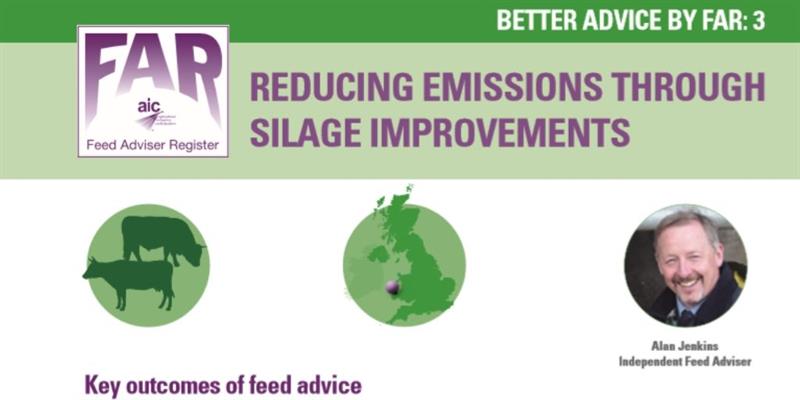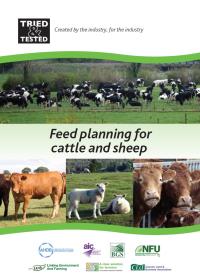Background and area of expertise:
Alan Jenkins has worked in ruminant feed for 32 years. Employed in West Wales by leading animal feed manufacturers, he advises dairy units and other producers with forage-based systems.
Give an example of how your feed advice has made a measurable difference:
On one dairy farm Alan checked a silage clamp containing grass from 2015 which had a 28% Dry Matter (DM) silage. He found the ? rst cut was unsatisfactory on Metabolisable Energy (ME) - 10.8MJ/kg of DM, and worth only 9 litres/cow/ day in energy. He and his client are aiming to maximise milk from forage and targeting an extra 1.5 litres/cow /day. The ? rst cut in 2015 was on the 25th May. For 2016, he plans to cut earlier to improve D value and ME, and build a high sugar grass variety sward by over-seeding. This can reduce emissions, improve nitrogen timings and add a good silage additive. With earlier, lighter cuttings they will also move from three to four per annum. Utilising new high sugar grass varieties provides up to 17% more water soluble carbohydrates than standard
ryegrasses. Alan will also use spring wheat as whole crop silage and high sugar varieties will provide an entry crop for long-term reseeding. Research on sheep by Aberystwyth University showed that a diet of sugar grass can reduce methane and ammonia emissions, improve carbon footprint and the levels of protein waste excreted, meaning it is more ef? cient and better environmentally.
What difference does FAR make to you and to your customers?
Alan says that the industry requires professional farm advisers whose thinking is up-to-date. Agricultural training gained at college or university should be refreshed regularly so they can deliver practical advice and solve problems for clients. Combining climate change with other aspects of on-farm advice enables advisers to take dairy farmers through the issues. The Feed Adviser Register (FAR) helps advisers to develop the appropriate mindset for continuous improvement, providing the advice farmers need in a challenging and ever-changing business.

